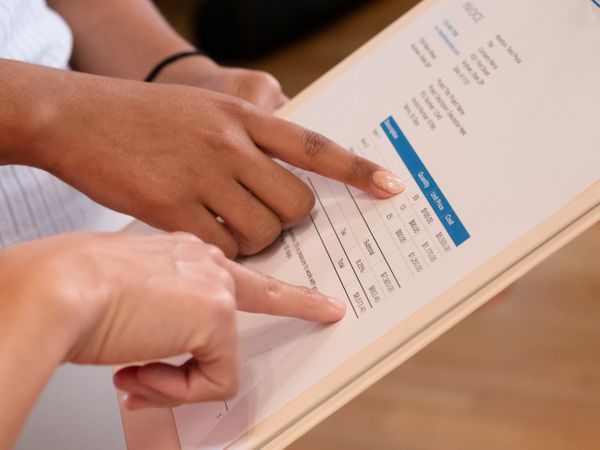If you have a large amount of credit card debt and other unsecured debt that you are trying to resolve, you may be looking into some of your options. Debt settlement is definitely a viable option and it could help you get out of debt much sooner than you realize as well as saving you many thousands of dollars. Another option you may be considering is debt consolidation - a process where you take all of your credit card debt and other unsecured debt and you combine them (or consolidate them) into one large loan account. What are the differences between these two options? What direction is best for you?
Debt Settlement versus Debt Consolidation
If you desire to consolidate all of your unsecured accounts into one simple but large monthly payment, you will first need to make sure your credit is in good shape. A bank or financial institution (like Lending Club) will demand that you are a good risk to them before they would ever consider giving you a large loan. Therefore having a credit score above 700 is likely and some places will even have a minimum credit score of 720. Another requirement in order to qualify for a consolidation loan is to have sufficient income. Anyone giving you a large loan will insist that you are financially healthy enough to pay back the loan they may give you.

Looking at debt settlement, your credit score will not even be a consideration. You are able to enroll in any debt relief or debt settlement company regardless of your credit score. In addition, they will not demand that your income be at a certain level. However, in order for you to get out of debt, they will examine your current income situation and give you an idea of how much money you will need to save each month in order to have the company negotiate your debts. Typically, you will need to save 50% of your total debt over a 2-4 year period. For example, if you have $30,000 in credit card debt, you would need to save approximately 50% of this amount or $15,000 over the next 2-4 years. This would require you to save around $300 - $600 per month.

Transitioning back to debt consolidation, let's look at a similar example of a person having $30,000 in credit card debt. Let's say you have 8 credit card accounts that total $30,000 and you would like to obtain one large loan with one bank for the total amount. Say you are approved and the bank issues you one large $30,000 loan and they pay off your credit cards (they are not going to give you the money. Rather, they will send the money directly to each credit card company). Now, you have 8 credit cards all with zero balances and one large loan to pay each month. If your new large loan has an interest rate of 10% (which is the going rate), it will take you 65 months (5 years and 5 months) of paying the minimum amount each month ($600 or 2% of the loan amount) in order to pay off the loan. When all is said in done, you will have paid a total of $39,000 to pay off the loan. And do you think you will have the discipline NOT to use any of your credit cards?

What is the cost of entering debt settlement? Let's take a look so you can compare. If you enter 8 credit card accounts totaling $30,000 into a debt settlement program, you can stop your minimum monthly payments and begin to save money each month in order to resolve or negotiate a lower amount on each credit card account. A good conservative estimate is to take 50% of your debt or $15,000. Then say you are able to save $400 per month. After one year, you will have $4,800 ($400 x 12 months) and the company can begin to negotiate settlements for you potentially resolving 2-3 of your accounts. In year two, suppose you continue to save $400 per month and the company is able to resolve more of your debt and another 2-3 accounts. In year three, you now have 2 accounts left to resolve and you continue to save $400 per month and by the end of the third year, the company was able to resolve these last two accounts. Now you are totally out of credit card debt and you paid around $15,000 to do so.

Obviously, there are some other details to think about (like your credit score, your savings discipline & ability, will your income stay the same, what is the fee for a debt settlement service, etc), but these details are fairly small. The major consideration for you to evaluate are the numbers in our example from above. A debt consolidation loan would cost you $39,000 and a debt settlement program would cost you $15,000 plus their fee. A debt consolidation loan would take you 5 years and 5 months to pay off where a debt settlement program would take you 3 years to complete. The savings & time frame are both life changers and something that you should seriously consider.

An important side issue of which you may want to be aware is that of your credit score. If your credit score is high, you will most likely be able to qualify for a consolidation loan and if you complete the payoff, your credit score is likely to go higher assuming you never use your credit cards. If your credit score is currently low (below 680) then you will most likely be denied if you apply for a debt consolidation loan. If you enroll into a debt settlement program, your credit score is very likely going to go down (at least 50-100 points) from where it is now. However, when you complete the program and get out of debt, there are proven strategies you can employ to raise your credit score often times much higher than the preferred bank score of 720 in order to qualify for other types of financing (car loans, credit cards, home mortgages, etc).
